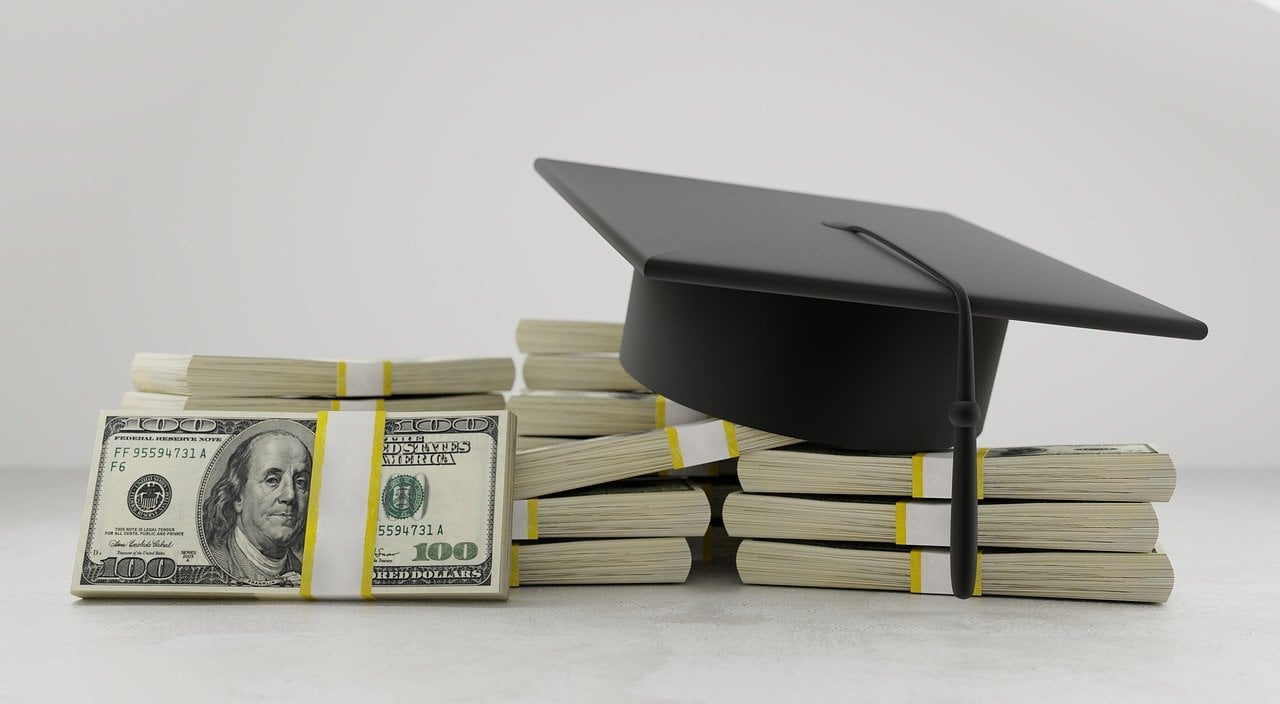After Congress approved the third round of stimulus checks in March, many states and local governments added their own payments. Most of these payments were targeted at specific groups. One group that hasn’t gotten the attention it deserves is students. Moreover, a long-expected coronavirus stimulus check for students now also appears unlikely.
Q3 2021 hedge fund letters, conferences and more
Since the start of the pandemic last year, there have been calls to cancel student debt. However, this week, Senate Majority Leader Chuck Schumer admitted that Congress won’t cancel student debt; rather, the president will have to act on his own.
What comes as a surprise is that Schumer and Sen. Elizabeth Warren were among the leading advocates for wide-scale student loan cancellation.
Previously, Schumer and Warren demanded student loan cancellations of up to $50,000 per student. Such a measure would cancel all federal student loan debt for 36 million Americans, according to the U.S. Department of Education.
During her presidential campaign, Warren promised to cancel $50,000 in student debt per borrower. Even Biden during his campaign talked about cancelling $10,000 in student debt. Biden has yet to fulfill his promise, and his administration is reportedly reviewing his authority to approve wide-scale student debt cancellation.
However, there have been reports that the Biden administration has known whether or not it has the authority since at least April.
Student Debt Cancellation: It’s All Up To Biden?
Schumer cites “partisanship” and the “filibuster” as reasons Congress may not approve student loan cancellation.
"You read about the tough time we're having with legislation, the bill to build roads, bills to make prescription drug costs lower, the bills to get a tax break and get our kids out of poverty and get them to get a good education, to help small businesses," Schumer said, according to Business Insider. "Those all require the House and Senate to pass it but these days, with the partisanship, filibuster and all that, it's not so easy. The president can do this on his own [referring to student debt cancellation]."
Schumer may be right. It is very unlikely that the two parties will agree on legislation as big as this. On one hand, progressives support canceling all student loan debt, but conservative Republicans aim to limit federal spending. Thus, they don’t favor eliminating student debt.
However, the two parties did come together in approving the historic $2.2 trillion Cares Act in March 2020. Since then, the two parties haven’t come to terms on amounts for other stimulus packages.
Although there is no surety on if student debt cancellation is completely out of the cards, Schumer’s comments do come as bad news for students and advocates of student debt cancellation. Student loan payments are expected to resume in about 80 days after being on hold for almost two years.


















